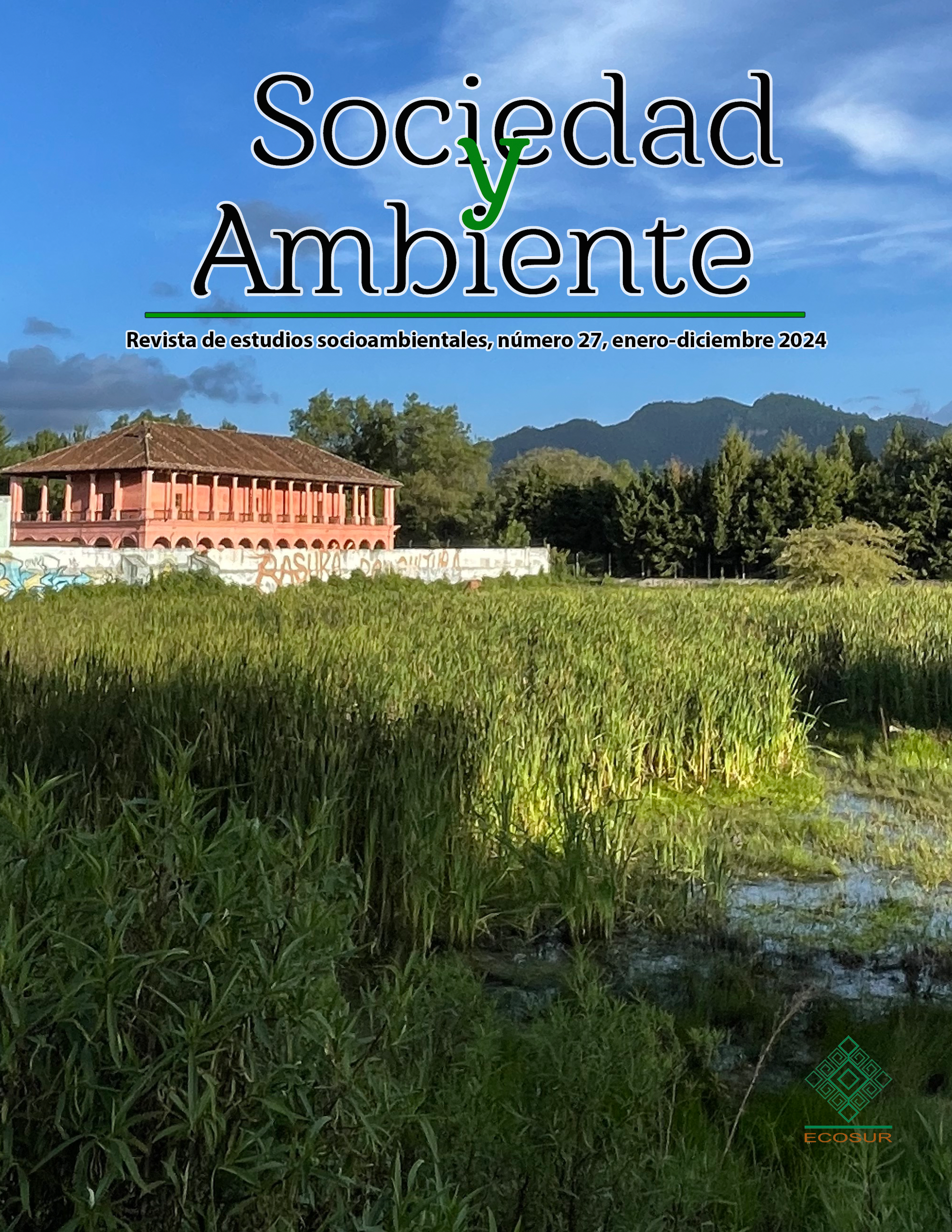Abstract
The globally accepted intention of achieving sustainable development seems increasingly distant. We propose that local actors in a context of decentralization can resolve tensions between conservation and development. The objective was to assess local capacities to design participative territorial development projects based on sustainability criteria. For this, we performed a case study on the political management cycle developed by the Municipal Council of Sustainable Rural Development of the Municipality of Villaflores, Chiapas. The results show that collegiate groups composed of producer organizations, public officials, academics, and civil society organizations have the knowledge and capabilities to design a participative Municipal Sustainable Rural Development Plan. The evaluation of current and potential production systems with sustainability criteria was the mechanism that allowed decision-making for resource allocation. However, it became clear that the conformist culture of local actors is deep-rooted, so when there was no longer the political will to operate collegially, the process returned to caciquil normality and discretionary decision-making.

Sociedad y Ambiente by ECOSUR is licensed under a Creative Commons Reconocimiento-NoComercial-SinObraDerivada 2.5 México License


